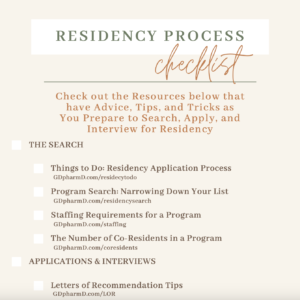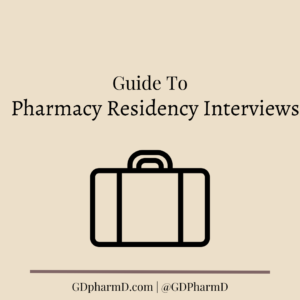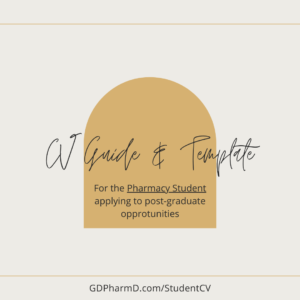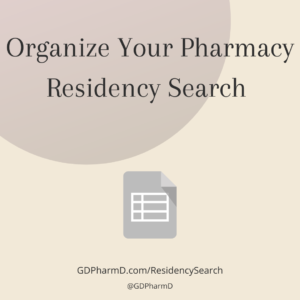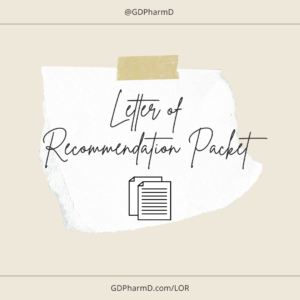Starting off on the right foot is so important so I’m back for Part II of this Residency Ready Series! If you missed it, check out Part I which talks about what to do in between the time of matching and starting residency. Let’s get started on Part II which is focused on when you start and orientation month.
1. Show Up Prepared
This should go without saying but show up prepared! As you’re fielding the emails you’re getting from the program before starting, begin to make a list on your phone or however of all the things you’ll need on to bring day one so when it’s time to prepare to go in your ready.
This can include the paperwork that they may ask you to bring, identification documents for your I-9, immunization/health records, etc. Also, consider things that are good to bring on your first day: A notebook, pen, highlighter, water bottle, questions, and snack (like a bar or something that you can carry around with you)…etc The night before, have the items above ready in your work bag
Lastly, be extra prepared by knowing where you are supposed to park and meet for your first day, plan your outfit ahead of time, come with questions, and do a test run of your commute!
2. Keep a Log of All Your Passwords
This sounds silly, but during orientation month there will be a lot of systems that you’ll need access to such as the EMR, the CII safe, omnicell/automated dispensing cabinet, certain machines, and software that may require various passwords. Make a note of it somewhere secure like a passwords app (or any way you find easiest). This way, you’re not that person calling the help desk like ‘I forgot my password.’
3. Get to Know Your Co-Residents!
Definitely take this time to get to know your co-residents! This orientation may be the only time when everyone is relatively on the same schedule and has the most amount of time. Some programs facilitate gathering with the residents to help them get to know one another and others don’t. If it’s the latter, there are easy ways to chat – having lunch together and/or even going out to dinner after the day is done. If you’re new to the area, it could be a great way to get to know the city. Your fellow residents will be your help and the only people that will be able to relate to what you’re going through. If you’re in a large program, you may not be able to be super close with every single person and that’s ok!
4. Take Notes
Be sure to write notes and especially important due dates your program mentions. The first week is a WHIRLWIND – I remember feeling like I was being told new dates, timelines, information, and expectations every second. It was really helpful to have a notebook to write things down and a pen/highlighter to mark important things on any paperwork I was given.
At the end of each day during orientation (or at least at the end of every week), put ANY and ALL dates that were mentioned or are in the paperwork given in your calendar (at my hospital, we used Microsoft Office, so Outlook calendar was my best friend). Dates can be things such as: when you need to have your rotation rank list in by, when your research topic needs to be submitted…etc. It is a great habit to get into in the beginning so when rotations roll around, you’re already in the habit of staying organized.
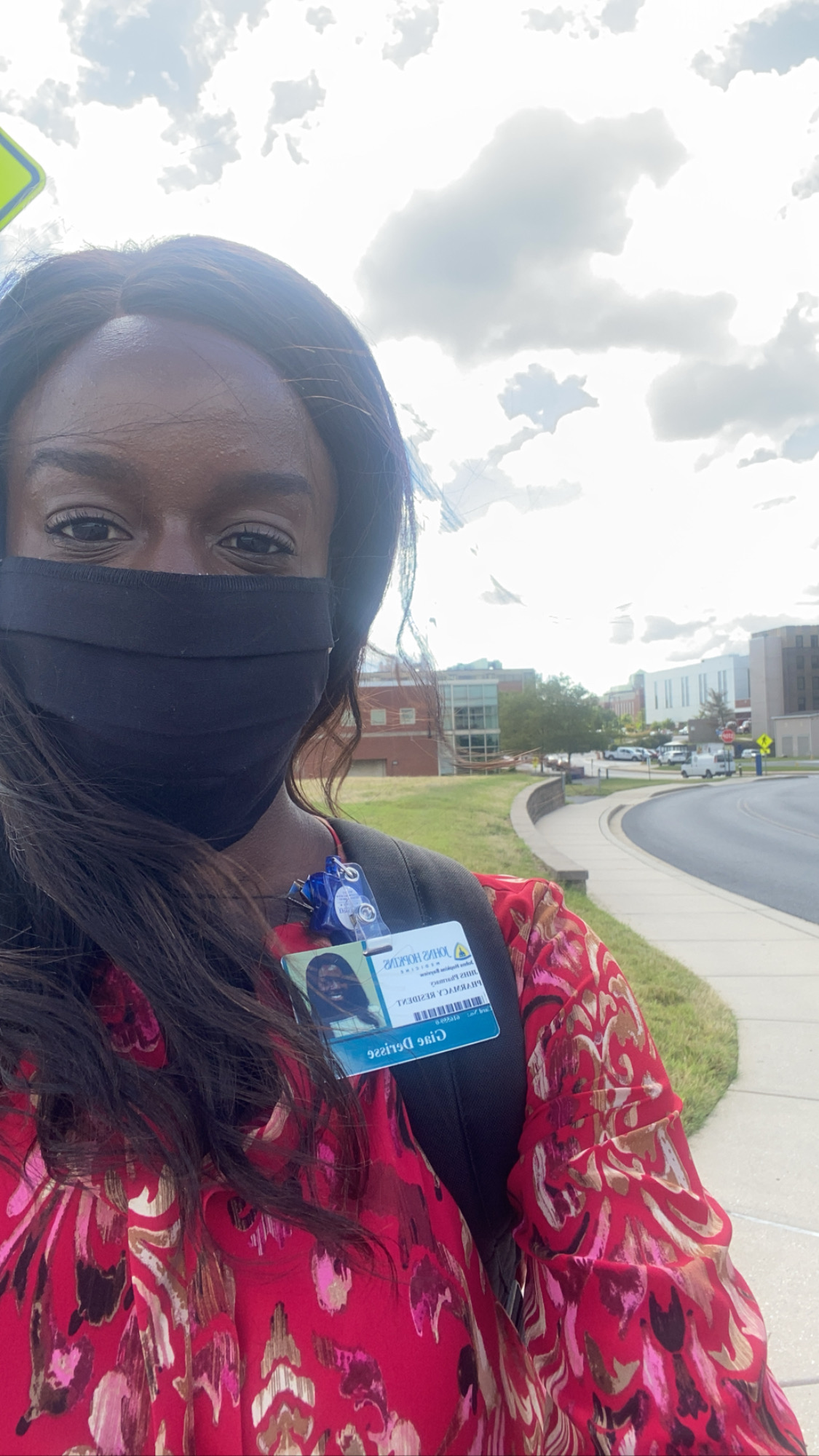

5. Making Important Decisions: Rotations, Mentor, Research Projects
Typically, during orientation is when you’ll pick your rotations, mentor, receive information about projects and receive your residency graduation checklist.
ROTATIONS: In Part I, I recommended revisiting your program’s residency rotation list. Now that you have your program’s official list for the year, it’s time to get to planning. My program had rotations within the program as well as “off-site” rotations at another hospital which was really nice to have that option but also overwhelming because you just don’t know what to choose.
Take serious thought when picking rotations. While each program’s process for picking rotations is different, use your resources (RPD, preceptors, PGY2, and even past residents). Ask for advice on the rotations that you’re choosing and also consider the timing of when you want that particular rotation such as before or after midyear and/or before or after typical job search times. Although it is good to plan, keep an open mind because things can change – your preceptor may have a conflict, transition to another job, or be taking a long vacation when you want that particular rotation.
I would go through the list, look over it and mark down the rotations you have to do (the ones required by your program) and then start marking down ones that interest you, that will help add to your future career endeavors, and also rotations that will strengthen the areas that you’re weak in clinically (think about being well-rounded!). Then, think critically about which do you need before midyear (if applying to PGY2 and/or looking for a job at midyear) or what you may need before the job search process, or whatever your next steps will be!
Although you may have a certain specialty area in mind, don’t pigeonhole yourself so early in your career! Residency is a great year to expand your mind and skill set. Diversifying your knowledge base can come in many ways – rotations, your CE presentation, hospital committees, teaching certificate, your research project…etc. Remember, residency isn’t just about strengthening your interests but also building up areas you are weak in to make you a WELL rounded candidate. After all, you never know where life will take you, and being able to leverage the experiences you had during residency if you ever need or want to pivot your career later on in life will be key. While clinical rotations were the focus of my residency year, I still enjoyed my rotations in pharmacy management, for example. That management rotation taught me so much about people and organizational management and I still use those skills to this day! Another example could be if your residency has rotations in investigational drugs research, drug policy, informatics, clinical practice management…etc. My program was so flexible with those of us who had changing interests and I was so thankful for that. During my year, I was able to (with the help of the amazing RPC) essentially create my own new rotation – it was academia mixed with ambulatory care (it was such a great experience!) so if you don’t see something you were hoping for, it doesn’t hurt to ask.
RESEARCH PROJECT: Most programs have a list of projects that residents can choose from. Consider several factors when looking at a project: the feasibility, the preceptor/principal investigator, and the topic. Pick a research project that you’re interested in and that you can see may add value to the hospital and has the potential to be published (if you want to be published) or presented at a national conference.
In residency, typically, the projects aren’t randomized prospective clinical trials. They are mostly retrospective in nature and focus on QI (quality improvement), so keep that in mind.
MENTOR: Picking a mentor (if your program gives you a choice) is a tough one because you don’t really know the preceptors. A piece of advice that my RPD at the time suggested was to NOT pick a mentor that is in the specialty area you are interested in because you will likely be on a lot of overlapping projects with that person and it would be good to have someone from the ‘outside.’
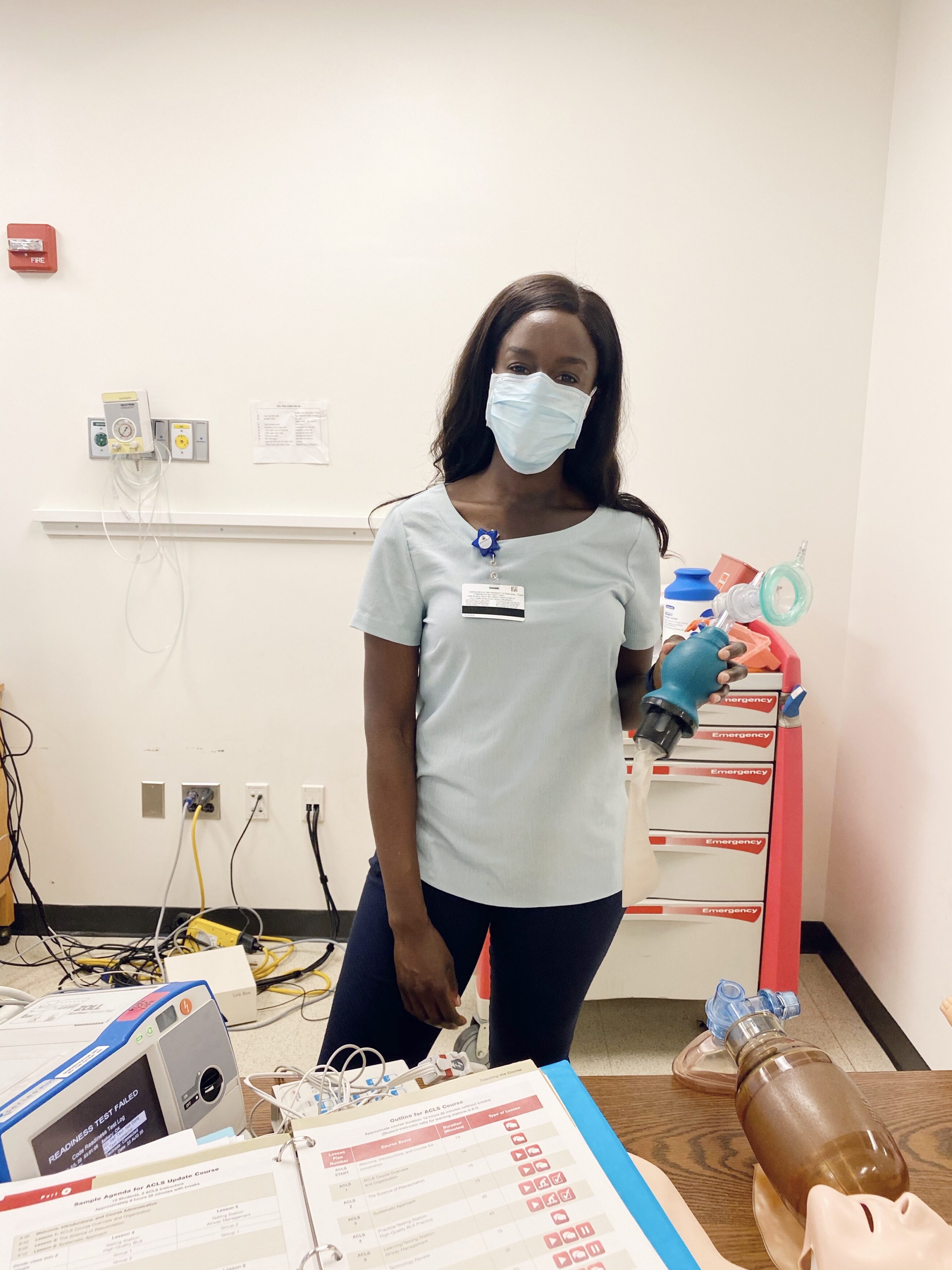
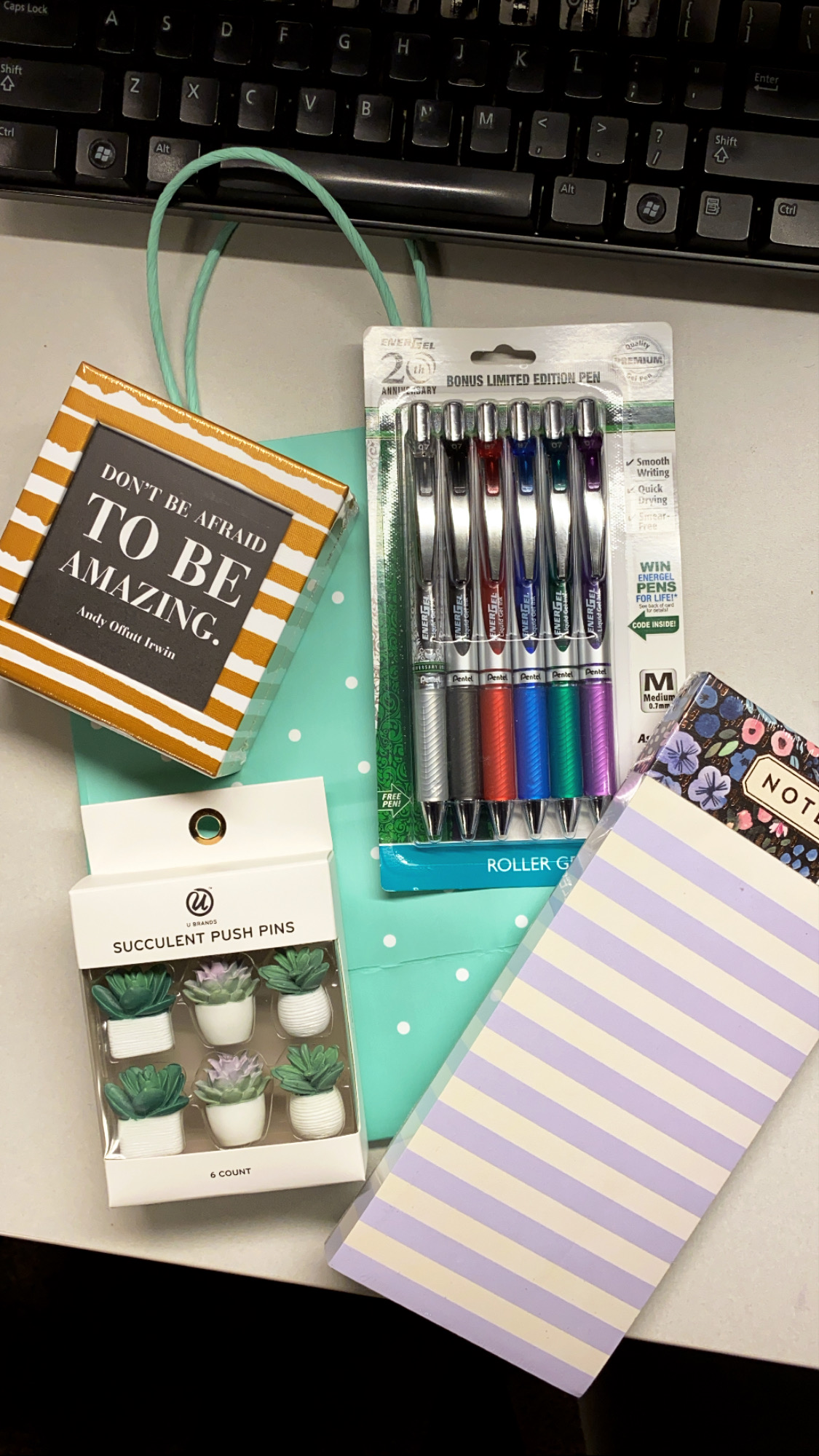
6. Training
Orientation is likely the month when you’ll likely have your EMR training, start staffing in the central pharmacy with supervision, get BLS/ACLS/PALS certified, etc. Take all that learning and training seriously and set a good tone for the year. Be on time (or before time) every day. Get to know people, and be friendly to everyone in the pharmacy (pharmacists, technicians, other staff) and those you meet in the hospital. Be sure to ask questions and don’t be embarrassed. Have a good attitude, be flexible, and take ownership of your learning. I took notes on essentially every process when staffing so that when/if that situation came up again I could follow my notes which helped me to become independent and problem-solve earlier. I think it also shows your trainer(s) that you’re serious about learning and you want to be an independent pharmacist by the end of the year.
7. Reflect
Every day be sure to reflect on what went well, what didn’t, and how you can improve – find a way to document this. By the end of orientation, you’ll know more (but not everything) about the program so consider what your goals will be for the coming months and year (or two) ahead.
8. Adulting Things
Within the first month or so be sure to set up things like:
- Direct deposit
- Selecting your healthcare insurance options
- Retirement and/or savings
- Establishing healthcare/Making appointments with your doctor, dentists, and whatever other care you may need. It is a busy year, but you should NOT neglect your health.
9. Personalize Your Desk
Ending with some fun tips lol – personalize your desk at your residency site! It’s going to be a place where you spend A LOT of time and it’s a good way for those around you to get to know you and can be a conversation starter. Consider even setting up a space to work at home. Undoubtedly, during residency, you’ll be working on projects outside of the hospital. It’s nice to have a dedicated place to work. Whether it’s a fold-away table or a dedicated office space. I have some desk and computer monitor Ideas in Part I and in this blog on things that were useful during residency.
10. Have Fun!
Use this time to explore your area (if you’re new to it)! See what events are around and feel free to invite your co-residents as you explore the area. If you didn’t move for residency or matched in a place you’re already familiar with, reach out to a co-resident that’s new to the area and invite them out to do something with you (speaking for myself – as someone who moved for residency, this would go a long way!).
That’s all for this week – be sure to come back (mid to late July) for Part III which will talk about Starting your Residency Rotations, Interactions with Preceptors, and How to Stay Organized/Project Management to help you with your residency year(s).
*UPDATE* Part III is now published, check it out here
If there are any other topics you want to see, let me know via IG or email

Practical Things I Used During Residency!
Top Pharmacy Apps You Should Try
Pass your Pharmacy Exams: MPJE Tips
Getting Ready for Residency Part I: What to Do Before Starting
Getting ready for Residency Part II: Orientation Month
Getting ready for Residency Part III: Rotation Tips as a Pharmacy Resident
Getting ready for Residency Part IV: Staying Organized during residency
